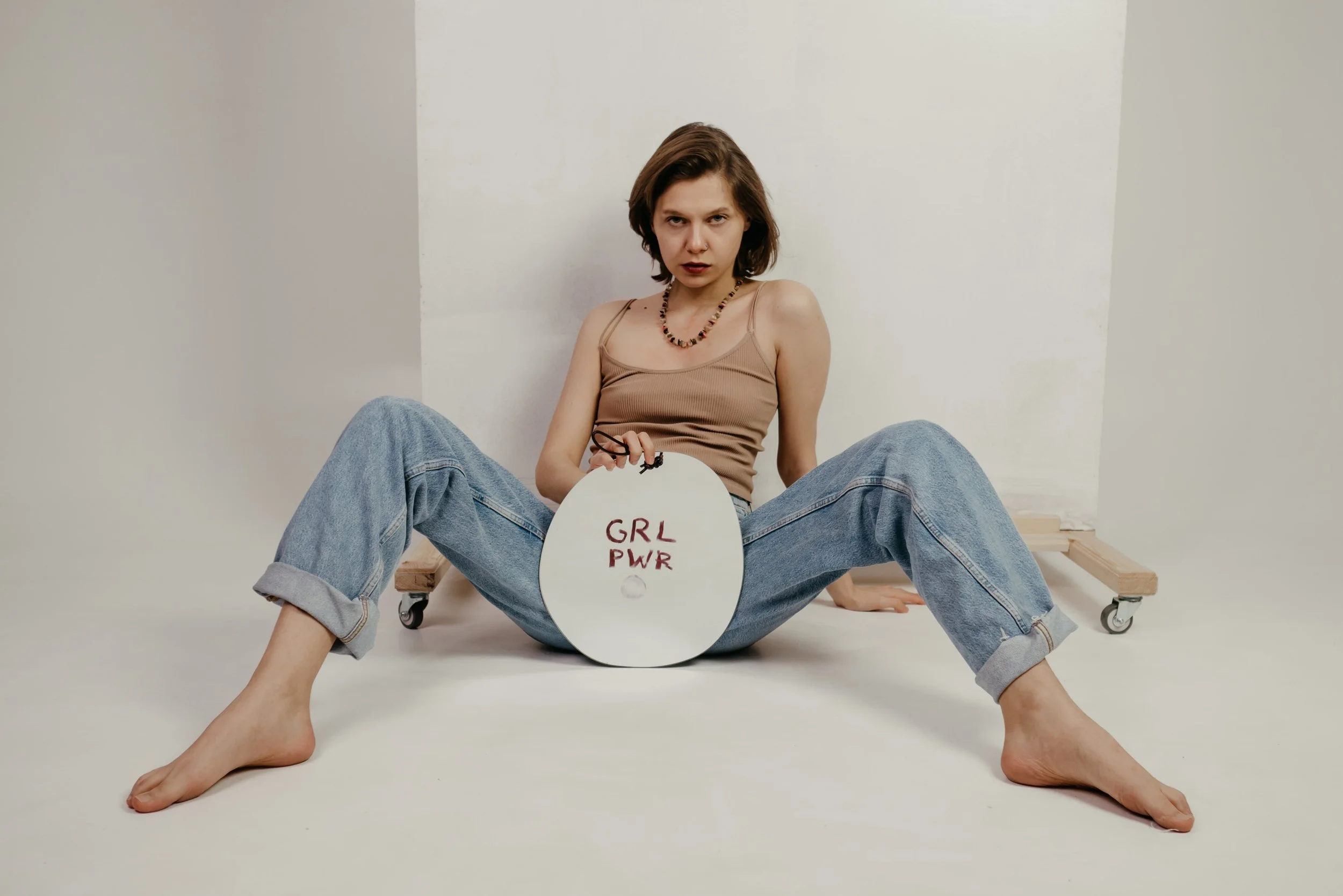The First Time I Called Myself a Feminist
I’d like to say it was a moment of triumphant epiphany but, like a lot of people, I don’t exactly remember the first time I called myself a feminist. For a long time, sheltered as I was by white-middle-class privilege, I didn’t recognise feminism was something that we still desperately need. When I was at school, I knew about extreme instances of rape culture, and was often subjected to ‘get in the kitchen and make me a sandwich’ jokes - but I thought of equality as something we’d already achieved. I learned about it in the context of the Victorian fight for enfranchisement. I thought that the existence of a female prime minister, inhuman as she was, was proof of equal opportunity. Millennials are often raised with the terrifying prospect of the world at their feet: “we can do whatever we put our minds to.” For the most part, my parents encouraged this perspective.
Arriving at university was inevitably a bit of a shock. I dove headfirst into drinking in a way that I never had before, around people I’d never met. With hindsight, I can see that my whole university experience was laced with sexism, from the grossly commonplace matter of being groped in a club, to my tutor mocking me for crying with frustration in a seminar. These incidents passed me by without comment; although I didn’t recognise them then for what they were, I sensed a growing feeling of solidarity amongst my female peers, and I was grateful for it.
It sounds bizarre, but studying English Literature is probably the reason that I began to feel passionate about equal rights. Thanks to a couple of particularly badass lecturers (Emma Rees- I’m looking at you!), taboos which had always hovered over subjects like sex, gender and body image began to clear. I was able to shirk my shame and see these issues analytically for the first time in my life. The women who saw my interest spark in these areas gently steered my studies towards more relevant reading, and by the time I left university, I was taking my first tentative, wobbly steps into the world of feminism.
To say that the last few years have been turbulent is a drastic understatement – a blundering, narrow-minded celebrity is now the US President and I spend most days trying to sweep Brexit under the rug. The #MeToo movement was a historical moment of reckoning for men who have been getting away with too much for too long. Now more than ever, feminism has the chance to be heard, and to affect real change. It has become a core part of my identity and for a long time, it was the most interesting thing I could talk about. These days I often fantasise about a time where race, gender, and body equality are embedded so deeply in our culture that feminism is simply superfluous.
Regardless of when I first called myself a feminist, feminism has proven to be both a refuge and a platform for me, as well as a crucial cause. In 2019, I hope that the feminist community will become more truly intersectional, and continue to provide a safe space for anyone who is threatened by the patriarchy. We’ve got this.
Cover artist unknown, but sourced here.




